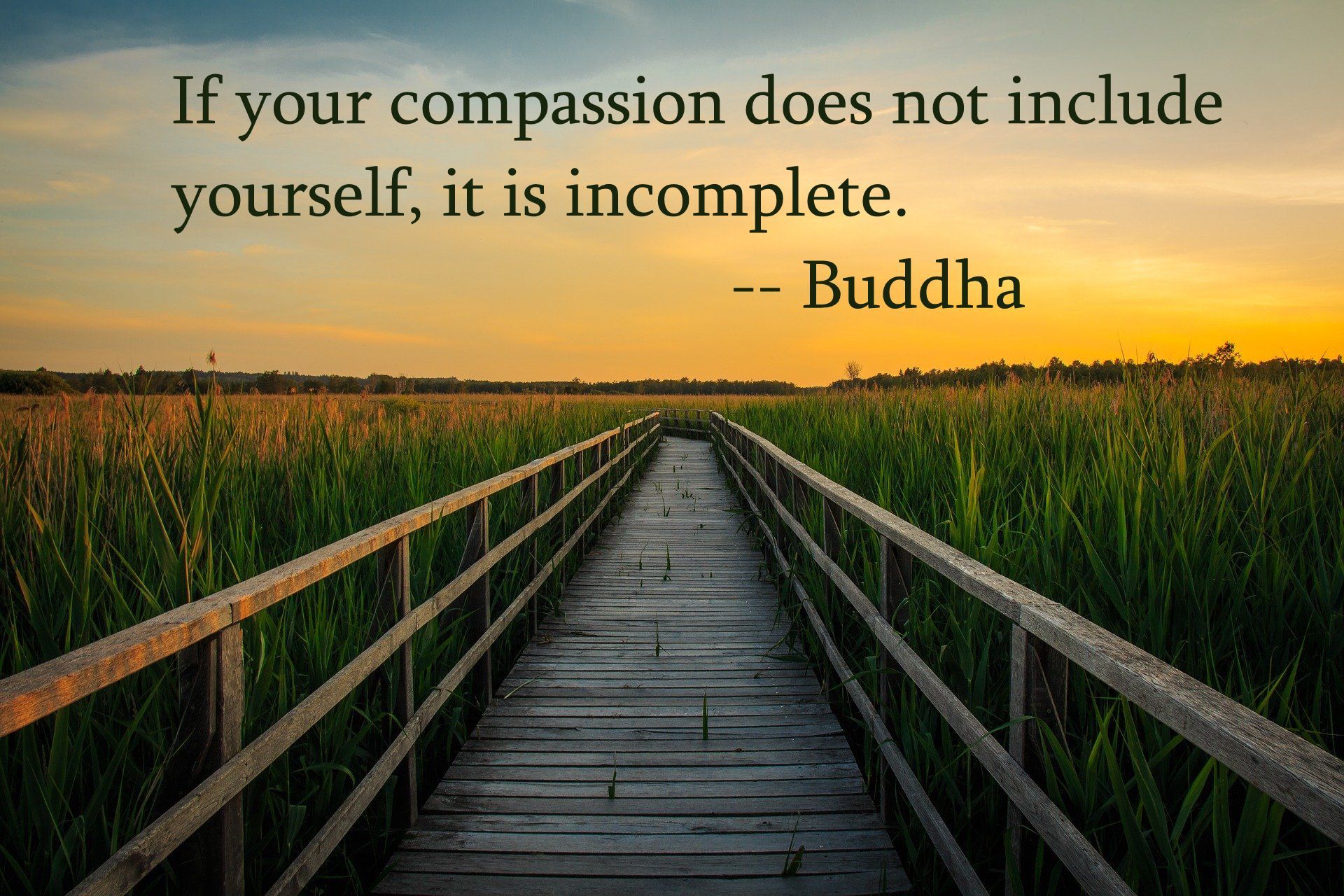Self-care is a buzzword we’ve all heard for many years now. We’ve been urged to take care of ourselves from many experts. I personally have regimes given to me by my chiropractor, my GP, my eye doctor. Then, there are the general admonitions to exercise, maintain a healthy weight, reduce stress, prevent cancer, etc.
The marketing industry has seized the whole movement, using it as an excuse to make their products necessities. In response, many people resist the concept as only a marketing ploy. But at the base of the movement is solid, positive intent. We should take responsibility for caring for ourselves.
It is no different for the HSP.
Thick vs. Thin Boundaries
Years ago, the concept of boundaries was defined by Dr. Ernest Hartmann as a concept to describe personality differences. Those with “thick” boundaries have a well-defined sense of who they are as opposed to another person. The relationship between themselves and their emotions is solid and unbreachable. “Thin” boundaried people have a more permeable surface. They can sense and often actually feel another person’s emotions within their own border. The line is porous and transparent. HSPs have thin boundaries.
Thin boundaries are what define our sensitivities. In response we are open, experience tremendous empathy, trust, and intimacy with other people. Traits that make us into caring and care-taking individuals. As such, we contribute compassion, deeply felt understanding, and tolerance to the world around us.
While having thin boundaries has its benefits, it also has its downside. We become easily exhausted as we experience not only our own emotions, but those of the people around us. We are sought out by people who need a caring and kind ear. The weight of the world seems to fall on our shoulders. It takes its toll on our health. To keep from burnout, physical health deterioration, and mental exhaustion, we must take steps to care for ourselves.
This is often difficult for the caring and compassionate HSP to say “no” to those who demand our time and attention. But it is necessary for us to be able to function properly as a contributing HSP. I urge you to make HSP self-care a part of your life. Here are some tips to start you off:
- First and foremost, allow yourself enough time and space to gather your equilibrium.
- Stick to what’s important in your life – you are one person. You cannot save the world single-handedly.
- Create time for solitude. Carve out alone time. Shut the door and be by yourself for at least part of your day.
- Make downtime your own. Allow yourself to indulge in what makes you feel good. Take in nature, write, meditate, exercise, listen to music, take part in a hobby, read. Whatever gives you solace.
- Nurture your spirit. Do an activity that brings you greater connection with your soul. Seek out a deeper sense of meaning.
- Strengthen your boundaries. Learn to say “no” to people’s requests of you when you are overloaded.
- Connect with animals and plant life. Their presence has a healing effect. I start each day walking our two dogs. They love it and I find it lifts my spirits and gives me energy to go into my day.
Find what rebuilds your own personal balance. Then commit to a daily practice. In the long run, it will help keep you healthy and active in your life as an HSP.
Copyright 2021, Monica Nelson


